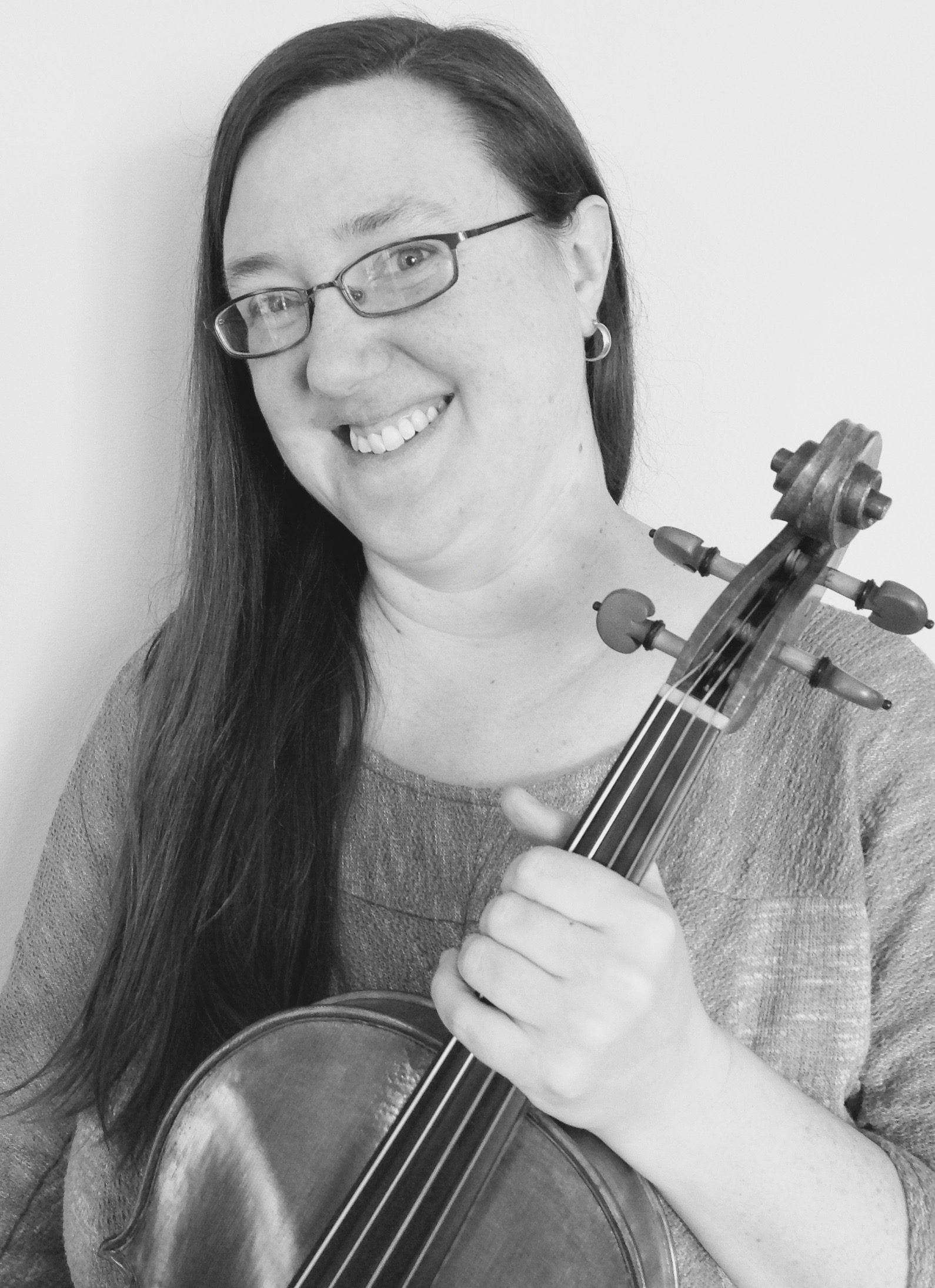Admissions
The Ph.D. is a highly selective program that admits in the fall semester only. Please see the Graduate Admissions page for detailed information on application requirements. Be sure to review the “Graduate Application Guide” as well as the additional information for the Musicology area.
Funding
Ph.D. students are generally offered the Leland Coon Musicology Fellowship in their first year, followed by a Teaching Assistantship in the Musicology area (teaching sections of the undergraduate curriculum) in subsequent years. In order to increase your chances of being offered funding for your degree, please describe your teaching qualifications in your Statement of Purpose.
Degree Requirements
In the Ph.D. program, doctoral students immerse themselves within the various critical methodologies of the discipline, choose an area of research specialization, and pursue intensive studies in a related minor area. Recent seminars have addressed The Earliest Motets, The Tams-Whitmark Collection, Rousseau musicien, the Concerti of J.S. Bach, Wagner’s Die Meistersinger, and Stravinsky’s Ballets. After two years of coursework, doctoral students write the preliminary examination, demonstrating detailed knowledge of a 200-year period of music history and scholarship surrounding the student’s area of specialization. A reading knowledge of German and one other foreign language is required for the Ph.D. degree. We regard teaching experience as a vital part of graduate training, and we make every effort to ensure that all of our Ph.D. students serve as Teaching Assistants for at least one year during their studies.
For detailed information on coursework, exams, etc., please visit the Graduate Advising KnowledgeBase.
Doctoral Minor – Required for all Doctoral programs
The purpose of the doctoral minor is to add breadth and depth to the D.M.A or Ph.D degree. To insure coherence a minor program must be approved by the appropriate department, a student’s advisor, or the Director of Graduate Studies, and must include courses at the 300-level or above. Typically, a minor requires 12 credits of work.
Students have a variety of options, including completing an internal minor within the School of Music (e.g., Ph.D. in music theory who minors in clarinet performance), completing a minor in a department outside the School of Music (e.g., a D.M.A. in horn performance who minors in Women’s Studies or a Ph.D. in ethnomusicology who minors in East Asian studies).
Students may, in consultation with the Director of Graduate Studies, devise a distributed minor that brings together courses from a variety of departments around a particular topic or area of interest. For example, a D.M.A. student in voice devises a minor in vocal health that includes courses in communicative disorders, or a Ph.D. student in musicology devises a minor in Medieval History that includes courses in art history, history, and languages.





